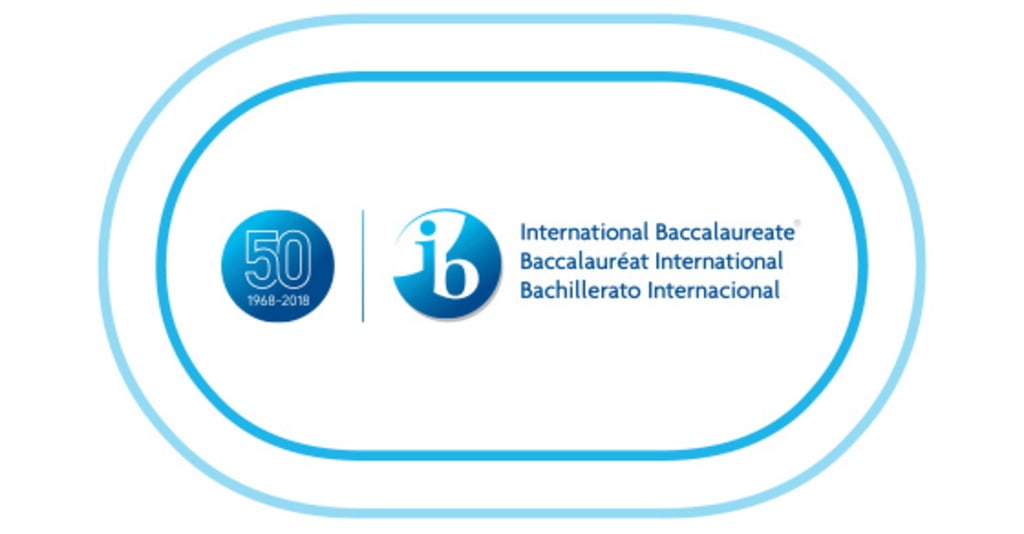10 Tips to Survive the IB
Here are a few tips for students to survive the International Baccalaureate, and still be a human!

Here's one for students studying the International Baccalaureate diploma program through the world. Being a student who has been through the IB, I know it is tough and a stressful journey but at the end of it you will see that all the work and effort you put in will pay off. So to make your journey a little easier from the start I have created a few tips and tricks to get you through the program.
Not all of these tricks will be beneficial for every subject available on the program. When studying the IB, I took Business Studies, Sports Science and Visual Arts as my higher levels and for my standard level subjects I took Maths Studies, English and Italian Ab Initio. On top of taking these subjects all students complete ToK and CAS, which are a way to explore more than what is just in the textbooks.
Here is to the bit you really came here to read:
1. Complete your CAS as early as possible.
CAS is a part of the diploma which enables students to take a break from the academic side of the diploma, therefore allowing them to use their experience gained from such activities as part of their diploma. CAS is a great way to get away from all the stress, but get it done within your first year to prevent further stress later on in the program.
2. Get the Extended Essay done early.
As soon as the first sign of the Extended Essay arises, get productive! It is a daunting process to write a 4,000 work essay without guidance, but starting it early is the best approach. By having a essay done early, it gives you the ability to get teachers feedback in order to improve and get your essay perfect.
3. Take advantage of your ToK lessons.
At the beginning of my IB journey, I dreaded going to my ToK lessons because I actually had to express my opinion however I later realized that these lessons were a blessing. Theory of Knowledge enables you to take a look into stories across the world and explore them, broadening your knowledge from just your chosen subjects.
4. Have folders and dividers for every subject.
You will have a lot of loose papers and notes for all subjects so keeping organised is key as you do not want to lose any vital notes. Therefore having folders to keep all the pieces of paper in means it will be easier when making revision resources later. Ideally have a folder for each subject for easy access later on. Dividers in folders are also amazing to keep different topics separate so if you have an end of unit test you do not have to sort through a folder full of notes.
5. Do any homework the day you get it.
Any homework you get given, try and do it the same day it was set as you will be able to do it easier and quicker because it is fresh in your mind. This also means that you are more likely to retain the information if reviewed within 24 hours, and so your brain will be able to store it better.
6. Use highlighters to show definitions clearly.
In subjects like Business Studies, Biology, Physics, etc... key words are so important to know. When writing definitions in your notes sometimes it can be difficult to find them later, so use your highlighters effectively! Personally I use a different color for definitions, subtitles, key information and diagrams so when it comes back to trying to find something it is so much easier.
7. Make effective revision materials after every topic.
At the end of all topics it is likely you will have some sort of test and so use this time to really test your understanding of the information you have been taught. Take these exams in the same mindset as you would for a real exam by creating effective revision materials which can later be used for the real exams.
8. Your teachers are your best friends.
Teachers are specialists in their subjects and so will be the best person for you to go to if you do not understand something. They will be able to provide presentations, past exam questions and talk you through things. Not only can they help you understand information but they are also there to get you through stressful times for maybe even just a general conversation.
9. Do not isolate yourself.
Stressful times can result in you wanting to climb into a hole and stay there but DON'T! Isolating yourself is the worse thing you could do, constantly thinking about the pressure, stress and exams will create a constant cycle of panic so get a balance between going out and working.
10. Use your free periods wisely.
As soon as you get given free periods it feels like time just to chill out with friends but my advice would be to take yourself somewhere quiet and use this time wisely. Getting your head down during any free periods is beneficial and will prevent the build up of work at home, this means more time to go out and party!!!
I hope these tips will get you through the program and help you ace those exams! I wish you all luck and the very best in your exams.
About the Creator
Enjoyed the story? Support the Creator.
Subscribe for free to receive all their stories in your feed. You could also pledge your support or give them a one-off tip, letting them know you appreciate their work.






Comments
There are no comments for this story
Be the first to respond and start the conversation.